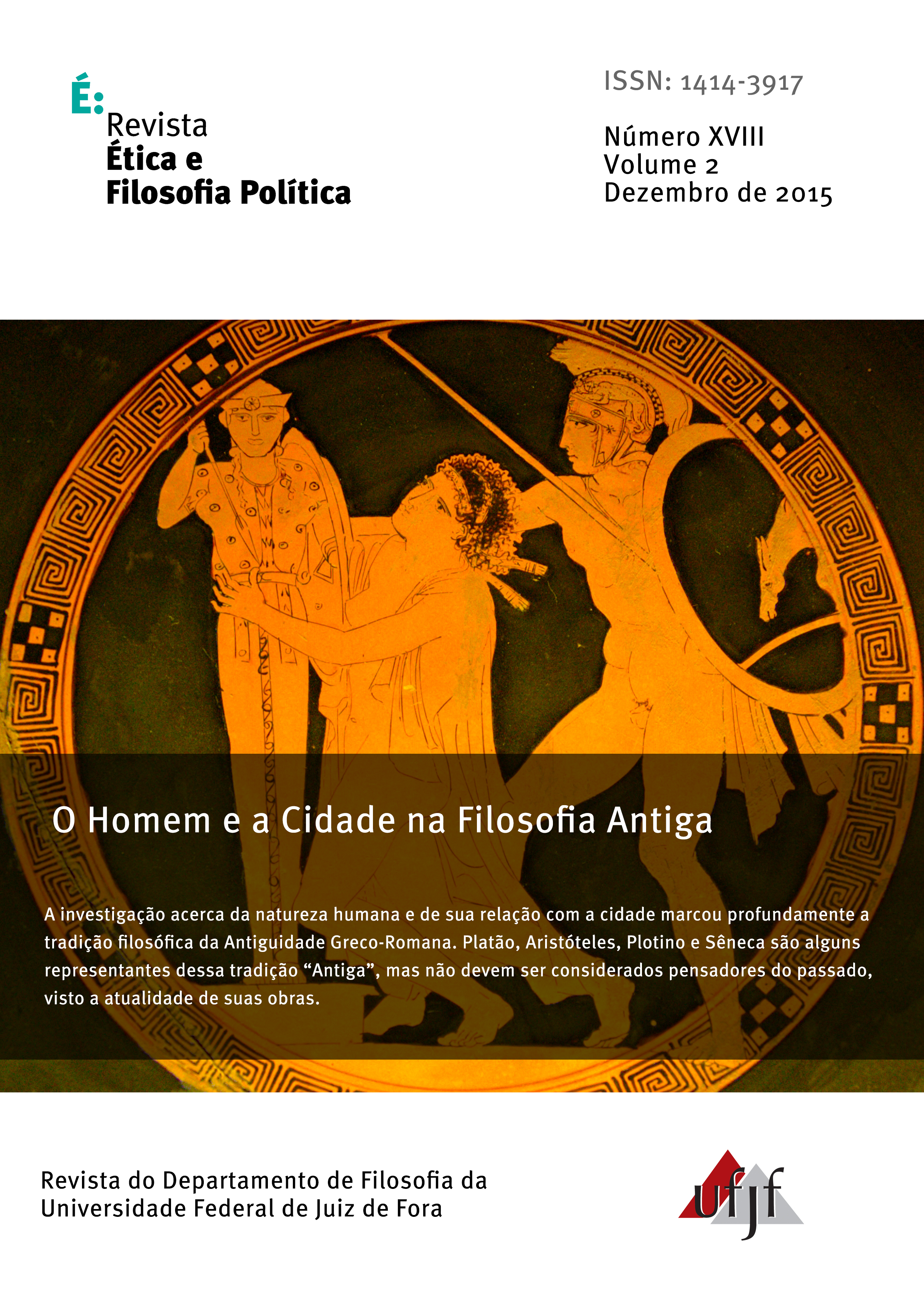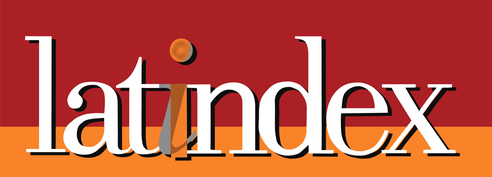IL CORPO VIVO IN ARISTOTELE, MERLEAU-PONTY E PATOČKA
DOI:
https://doi.org/10.34019/2448-2137.2015.17646Resumo
The phenomenological attempt to describe the world and nature disregarding the modern distinction between object end subject is made possible only reconsidering the lived body as 1) a natural being (perceived/perceiving) - thus a being which is involved in dynamics of life, of sensation and becoming - and 2) as a cultural being, meaning, able of active and meaningful interpretation and thinking. This paper aims to show how the Aristotelian thought could represent a pivotal step in the historical development of phenomenology (Brentano, Husserl, Heidegger, Merleau-Ponty e Patočka). The Aristotelian interrogation about the concepts of physis and natural causation (as operative agent in nature), indeed, it lays the basis for a reconceptualization of the concpet of life and lived body (Leib) both in terms of a natural being (biological/physical body) and a cultural being (active and functional ‘operator’ of meaning, expression and language). How does it make possible the passage between the ‘wild’ being (indifferianting being) to the cultural being? From the side of phenomenology, the attempt, to reconceptualize the lived body taking account of its relationship with nature establishes in the theoretical background of the Aristotelian thought.Downloads
Não há dados estatísticos.
Downloads
Publicado
2018-08-07
Como Citar
Pagni, E. (2018). IL CORPO VIVO IN ARISTOTELE, MERLEAU-PONTY E PATOČKA. Revista Ética E Filosofia Política, 2(18). https://doi.org/10.34019/2448-2137.2015.17646
Edição
Seção
Artigos




